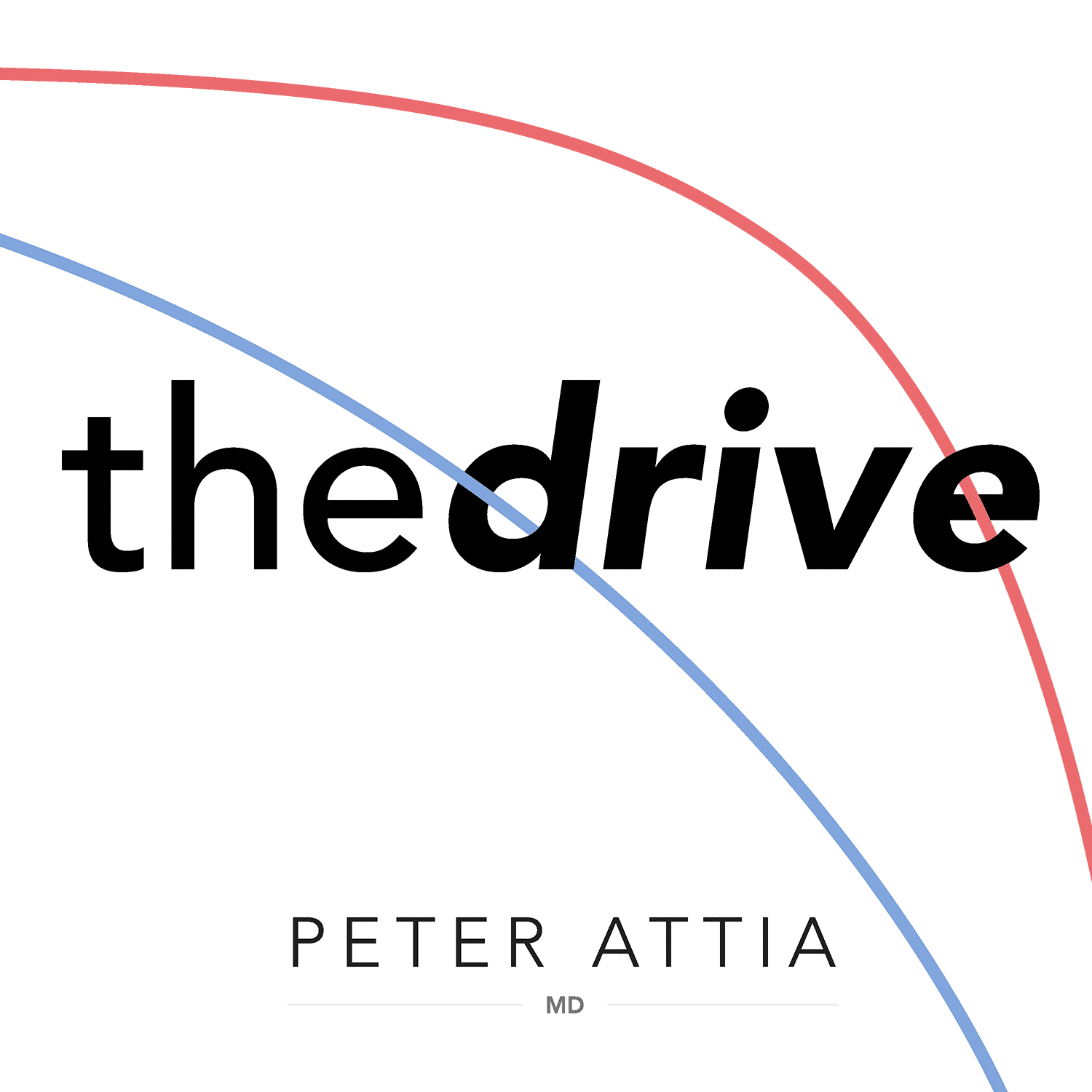Chapter

The Future of Liver Transplant in the United States
With an increase in fructose consumption, non-alcoholic fatty liver disease (NAFLD) has become more prevalent and could be the leading indication for liver transplant in the United States by 2025, which was less than 1% of liver transplants in the year 2000.
Clips
While glucose levels can be easily measured with at-home glucometers, insulin levels cannot, making it important to have a laboratory perform the OGTT.
22:07 - 23:22 (01:15)
Summary
While glucose levels can be easily measured with at-home glucometers, insulin levels cannot, making it important to have a laboratory perform the OGTT. The OGTT with insulin enables doctors to identify hyperinsulinemia even in individuals with seemingly normal glucose levels and to set more rigorous standards for a healthy insulin response.
ChapterThe Future of Liver Transplant in the United States
Episode#04 - AMA #1: alcohol, best lab tests, wearables, finding the right doc, racing, and more
PodcastThe Peter Attia Drive
The increase in fructose consumption has led to a greater prevalence of NASH, which could become the leading indication for liver transplant in the US by 2025.
23:22 - 27:05 (03:42)
Summary
The increase in fructose consumption has led to a greater prevalence of NASH, which could become the leading indication for liver transplant in the US by 2025. While an ALT of 42 is considered normal today, a lower ALT would have been considered normal 30-40 years ago.
ChapterThe Future of Liver Transplant in the United States
Episode#04 - AMA #1: alcohol, best lab tests, wearables, finding the right doc, racing, and more
PodcastThe Peter Attia Drive
The three key things to focus on in blood to determine longevity and health risks are assessing the risk of atherosclerotic disease, using liquid biopsies to look at RNA and DNA, and analyzing insulin doses for assessing cardiovascular health.
27:05 - 31:47 (04:41)
Summary
The three key things to focus on in blood to determine longevity and health risks are assessing the risk of atherosclerotic disease, using liquid biopsies to look at RNA and DNA, and analyzing insulin doses for assessing cardiovascular health.